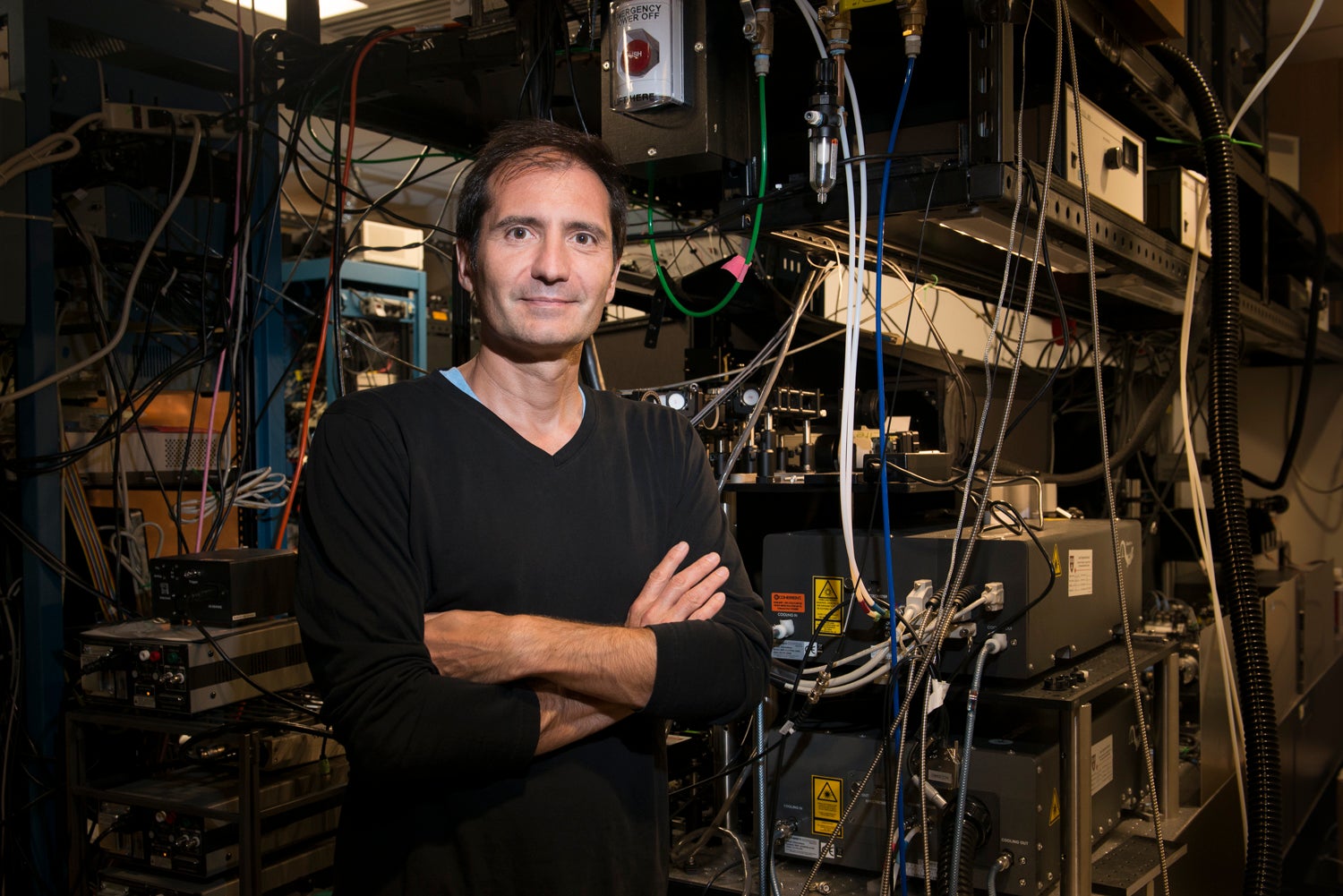
In the first few years of life, humans tremendously expand their behavioral repertoire and gain the ability to engage in complex, learned, and reward-driven actions. Similarly, within a few weeks after birth mice can perform sophisticated spatial navigation, forage independently for food, and engage in reward reinforcement learning.
The Sabatini lab seeks to uncover the mechanisms of synapse and circuit plasticity that permit new behaviors to be learned and refined. We are interested in the developmental changes that occur after birth that make learning possible as well as in the circuit changes that are triggered by the process of learning. Lastly, we examine how perturbations of these processes contribute to human neuropsychiatric disorders such as Tuberous Sclerosis Complex and Parkinson’s Disease.
